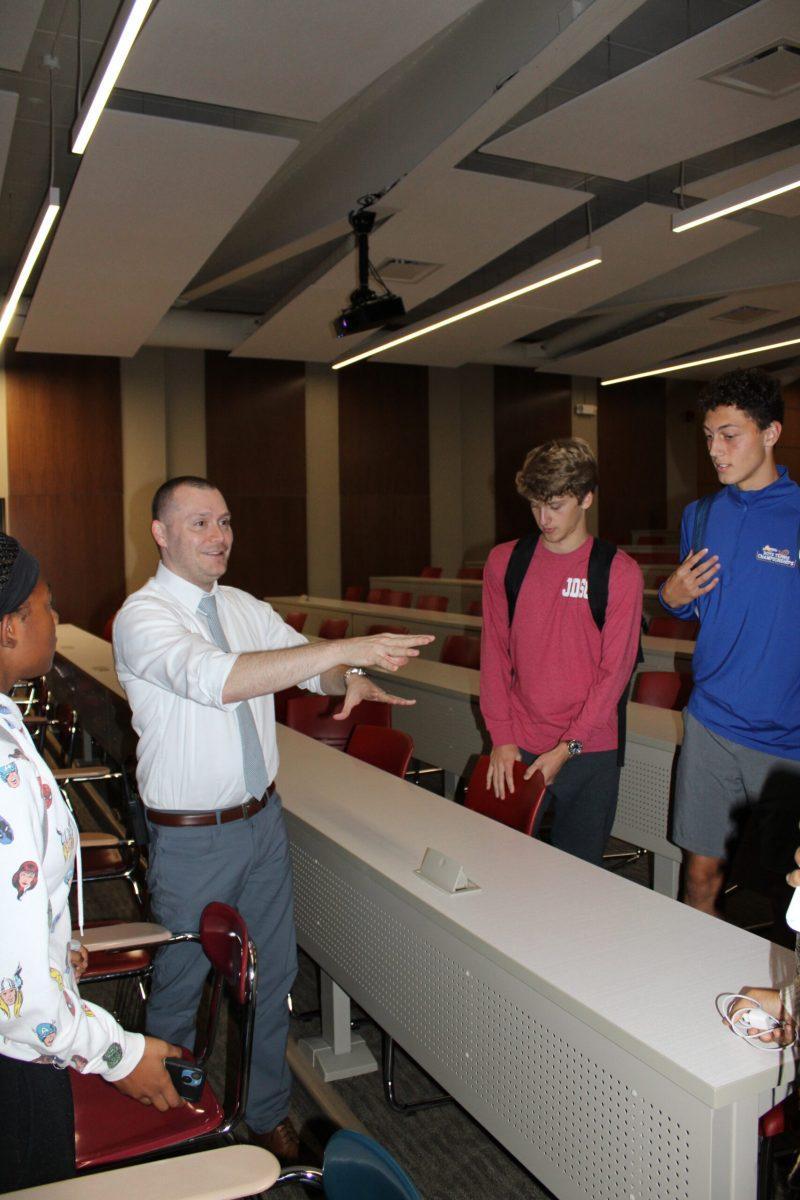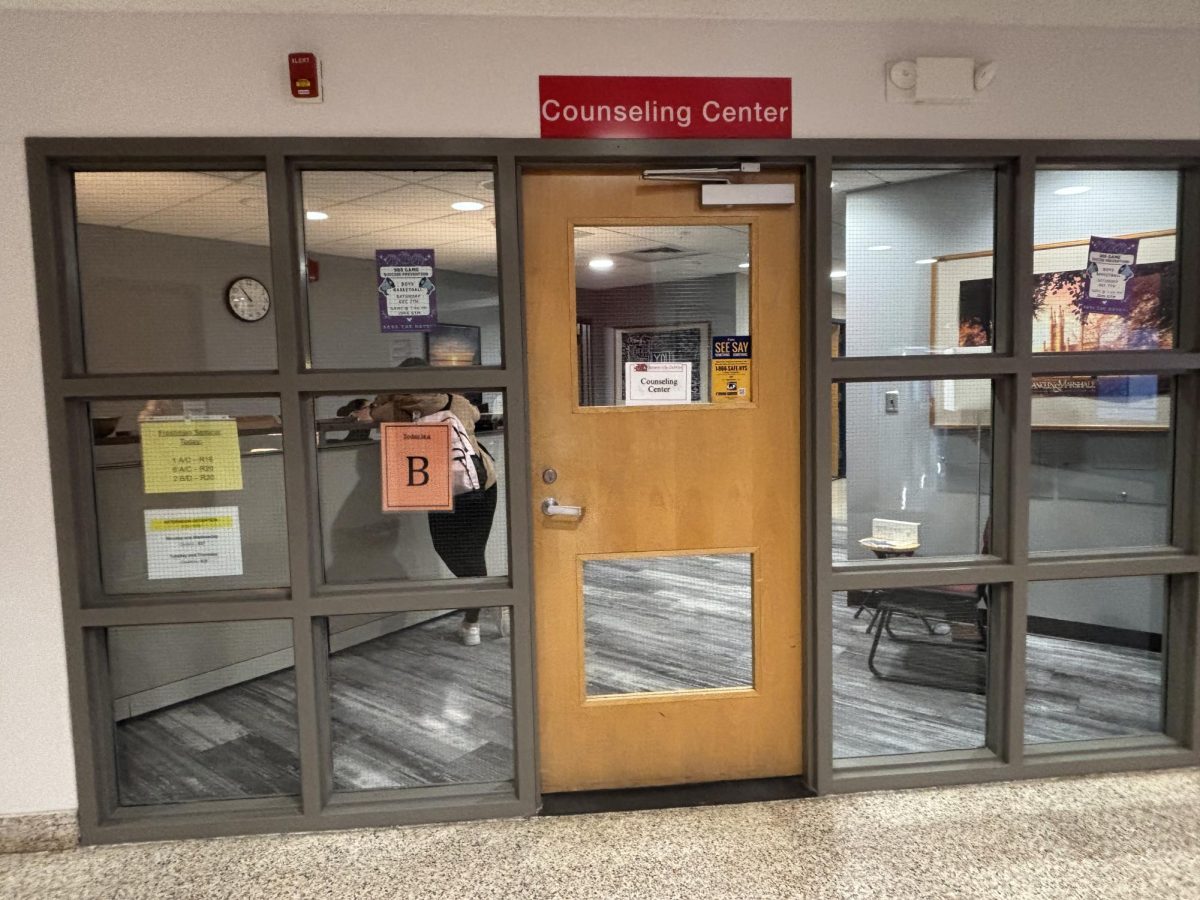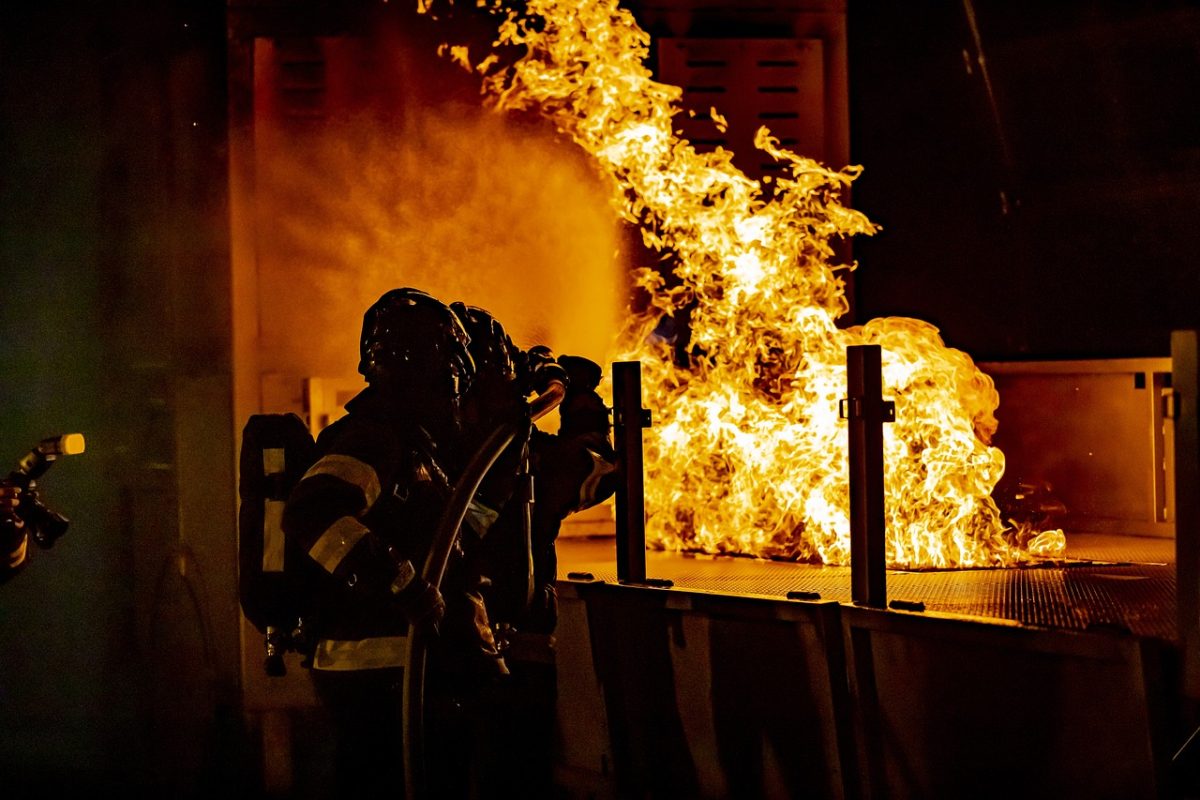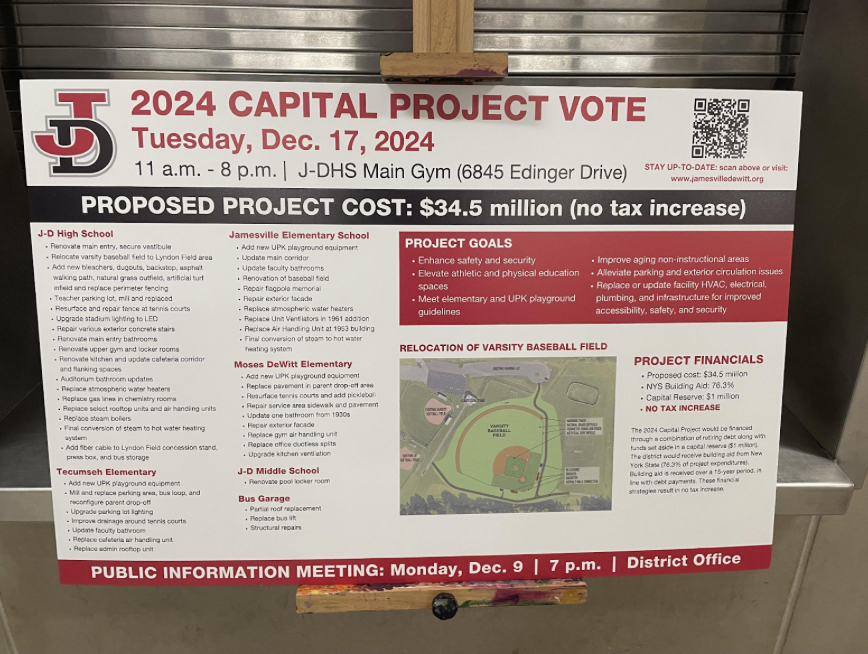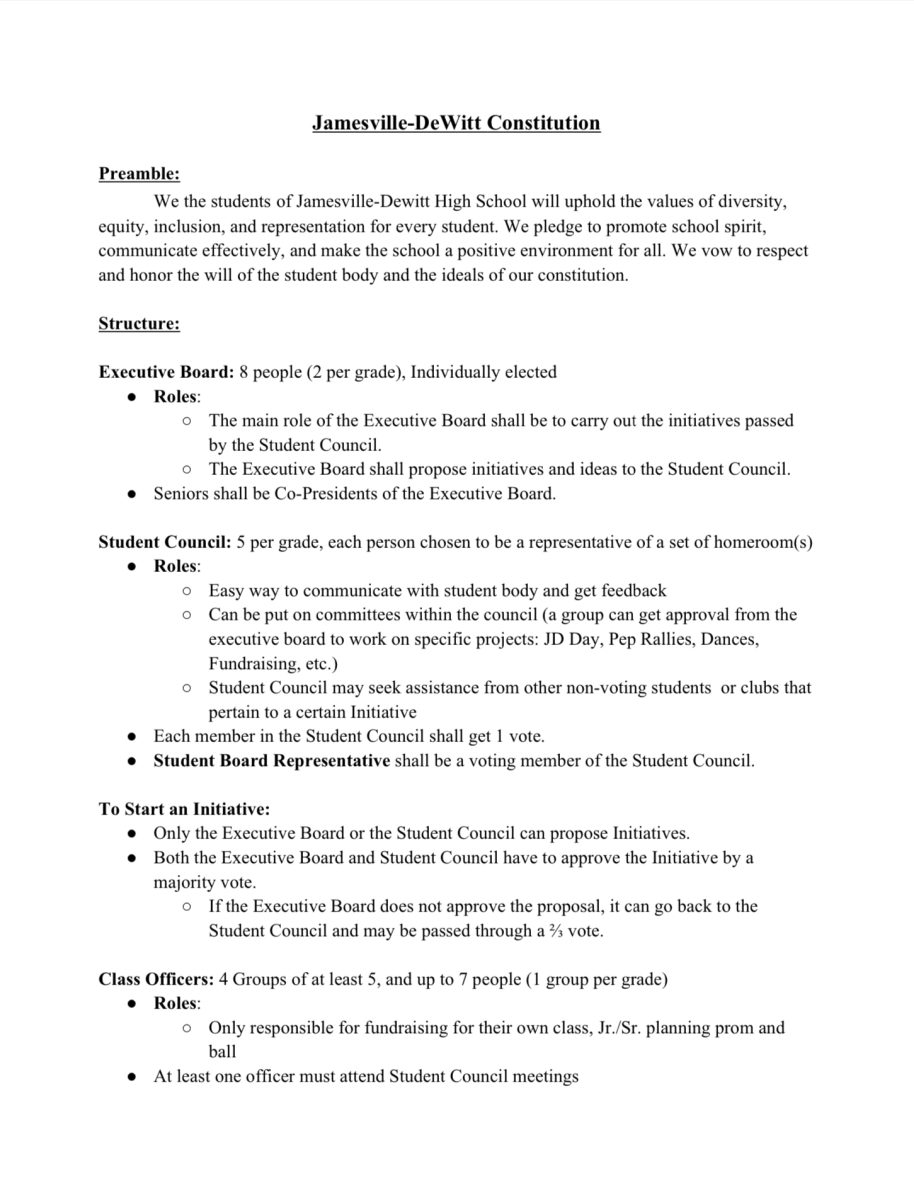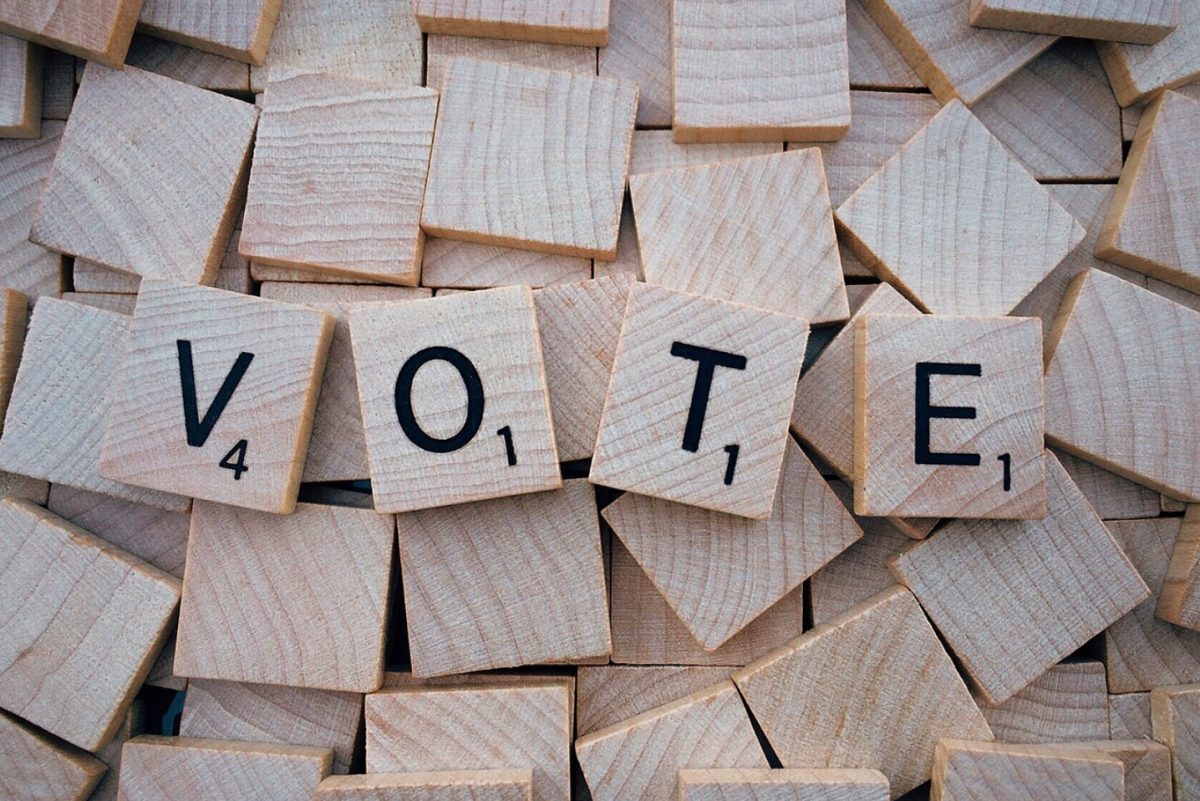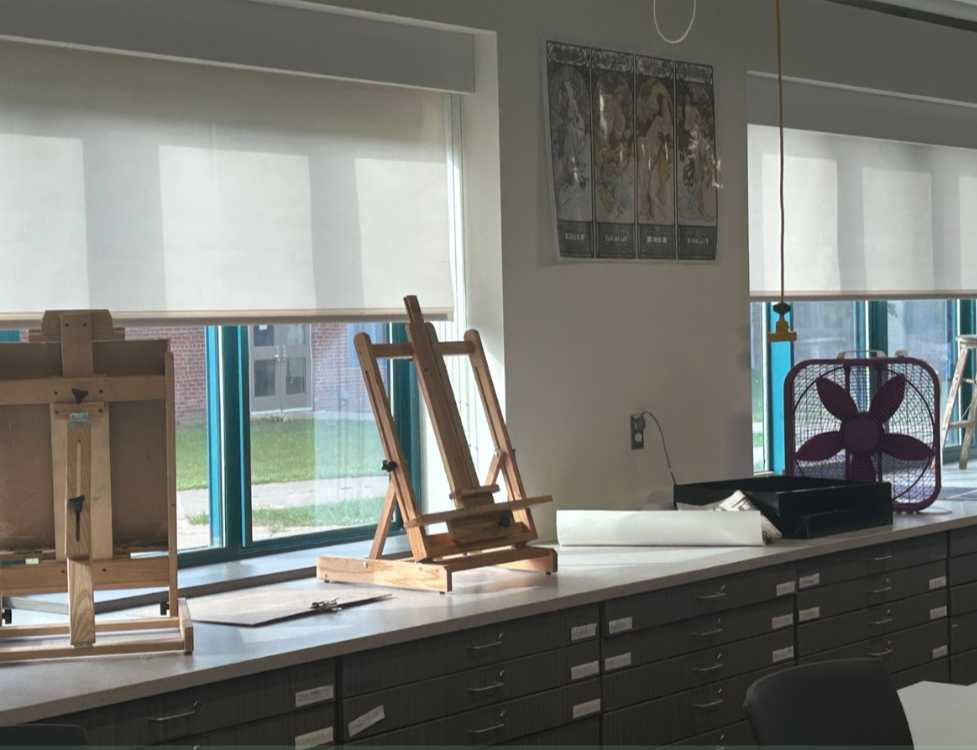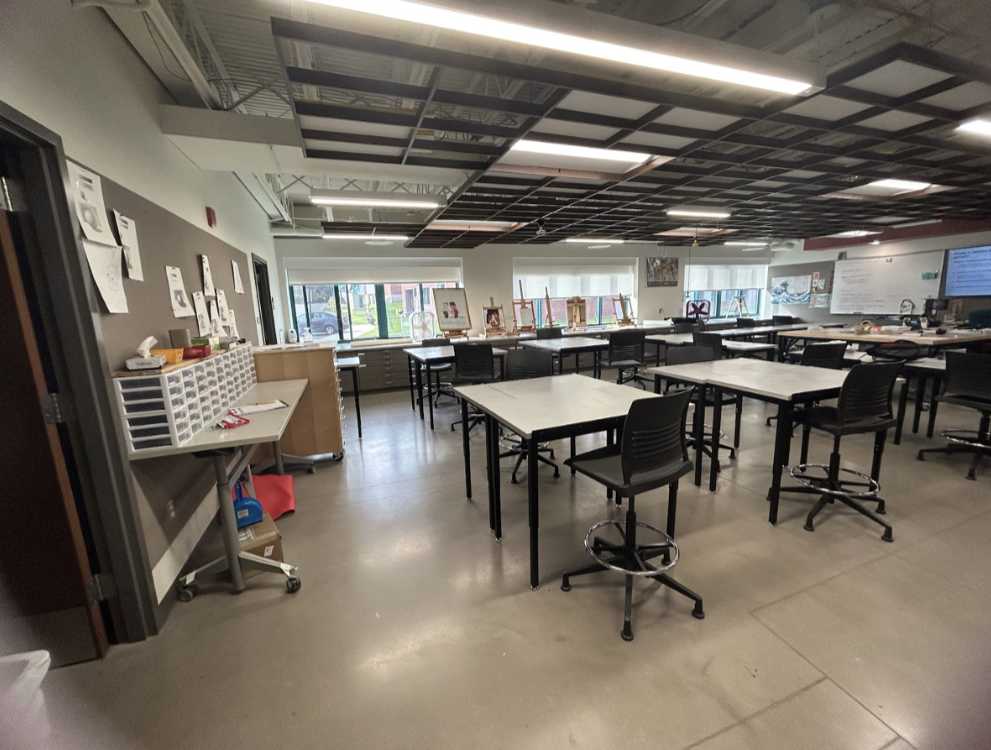In “Star Wars,” the Jedi Council works to maintain intergalactic peace. At J-D, the JEDI Council works to advocate for diversity, equity, and inclusion practices in the district. At JEDI Council meetings, J-DHS Principal Greg Lawson engages in a dialogue with leaders of clubs relating to the issues of JEDI – Justice, Equity, Diversity, and Inclusion. Officers from the student-wide government, Gender and Sexuality Alliance, Unified Friends Club, Umoja, French Club, and Spanish Club represent the student body at JEDI Council meetings. The Council does not include leaders of several other clubs relating to diversity, equity, and inclusion, although Lawson hopes to expand participation to more club leaders in the future.
At the Nov. 16 meeting of the JEDI Council, club leaders discussed the Homecoming controversy, Black History month performance, student-teacher relationships, and staff training videos made by students.
The first item on the agenda was the lack of female sports representation at Homecoming. On Oct. 31, senior Madie Phillips published a RamPage opinion article criticizing the “outdated gender stereotypes” associated with the Powderpuff Game. At the meeting, Lawson expressed that the game was successful and fun for the student body, but he recognized that “the phrase [Powderpuff Game] is offensive.” Lawson hopes to continue with the game in the future, but with a different name. “I want to publicly acknowledge our leadership from the top and our student leadership for saying that we messed up,” said Lawson.
Next, the Council discussed the J-DHS Black History Month performance. The event will take place during February 2023. Lawson hopes to broadcast the performance of Black culture from the auditorium to every classroom in the district. Other J-D schools, including the elementary schools, will be invited to take part in the performance.
Lawson stressed that the district is taking measures to improve student-teacher relationships, especially surrounding diversity, equity, and inclusion. Lawson stated that over the past few weeks, teachers have been supposed to carry out five-minute check-ins with each of their classes to see how students are doing. Only some teachers have done these check-ins thus far. Meanwhile, Promise Zone Specialist James Jones is currently doing “circles” in various classes to check in with students. Lawson noted that he has taken bystander intervention training, and several academic departments are implementing cultural competency training. With these initiatives in place, Lawson asked the Council members if they have noticed a difference in student-teacher relationships.
In response, senior Michael Meskos stated, “A lot of my teachers have been doing a nice job of getting class started by asking how we’re doing, what’s going on, and how the weekend was. It’s been really positive and helpful for me because it starts my classes off nicely and makes me feel like the teacher cares. I know curriculum is important, but a lot of teachers are starting to realize that it’s more important to take five minutes to connect with students than to start the lesson five minutes early.”
Senior Catherine DeForest replied that many teachers don’t know what matters to their students. In a follow-up statement to the RamPage, DeForest stated, “I wasn’t necessarily saying that teachers don’t know enough about their students, because the majority of my teachers know a lot about me and make an effort to get to know me. I was just saying that even the one or two teachers who didn’t know I played volleyball, still mentioned it to the class. But most of my teachers actually do know I play.”
Administrative Intern María De Jesús noted that teachers have been receptive to the new diversity, equity, and inclusion measures. “I asked [a student who felt hurt by a teacher’s actions] if I could mention their name in the discussion with the teacher. [The student was] very receptive. Next, I met with the teacher, and they were incredible; the teacher appreciated hearing the student’s perspective of the incident. I am not sure what happened after, but it was evident that the teacher would follow up with the student. The teacher was not defensive nor angry; they just reflected on impact vs. intent. At this point, I knew everyone had done or would do their part. We could all aim to be a little more like this teacher when reflecting on different life situations.”
The final item on the agenda was student-produced training videos for J-D teachers and staff members. At West Genesee High School where Lawson previously worked, he had students record and edit staff training videos on topics such as transgender awareness and racism in school, especially implicit bias and inadvertent racism. At J-DHS, Lawson plans to have JEDI Council members share their stories in staff training videos regarding racism, sexism, LGBTQ+ awareness, and disability awareness. “Your message will get to your teachers,” said Lawson.
According to Lawson, each JEDI Council meeting is guided by a quote from Former President Barack Obama: “Change will not come if we wait for some other person or some other time. We are the ones we’ve been waiting for. We are the change we seek.” With a new student-centered approach to district policy, Lawson hopes to create equitable changes at J-DHS through the JEDI Council.





























